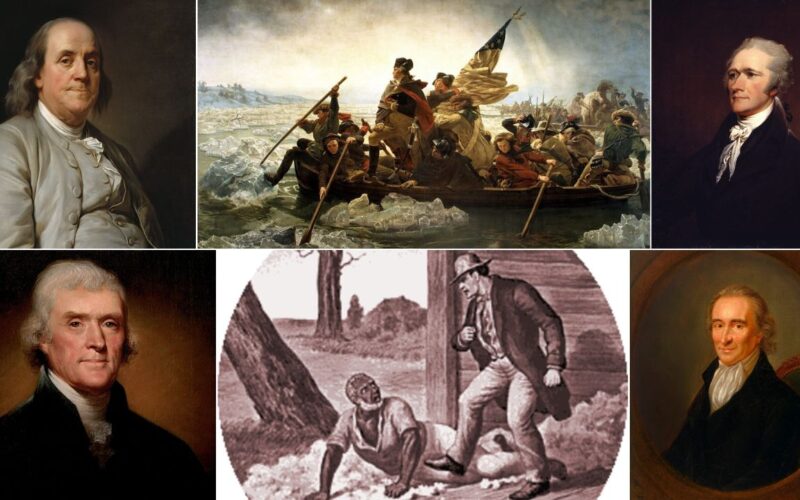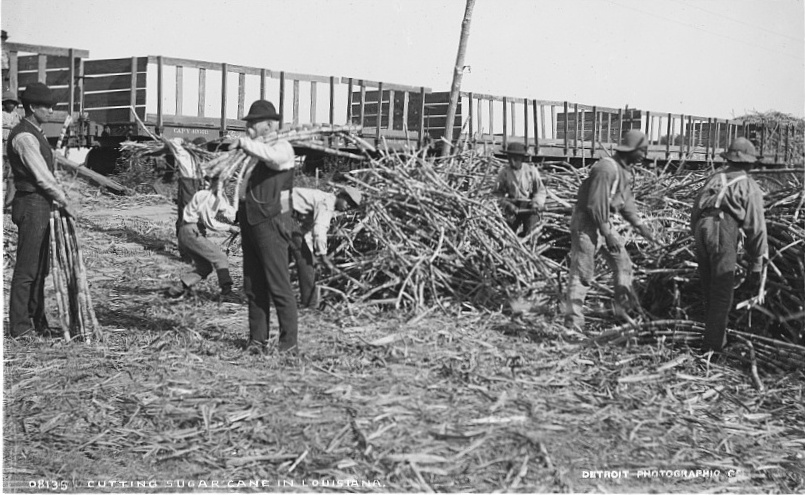The Founding Fathers are often remembered as flawless heroes who built a perfect nation with pure intentions. But much of what people think they know about these men is shaped by myth, not fact. Their real lives were far more complex, and their actions didn’t always align with their words. From misquoted ideals to misunderstood motives, here are ten things nearly everyone gets wrong about America’s most legendary figures.
1. The Founders Wanted a Pure Democracy
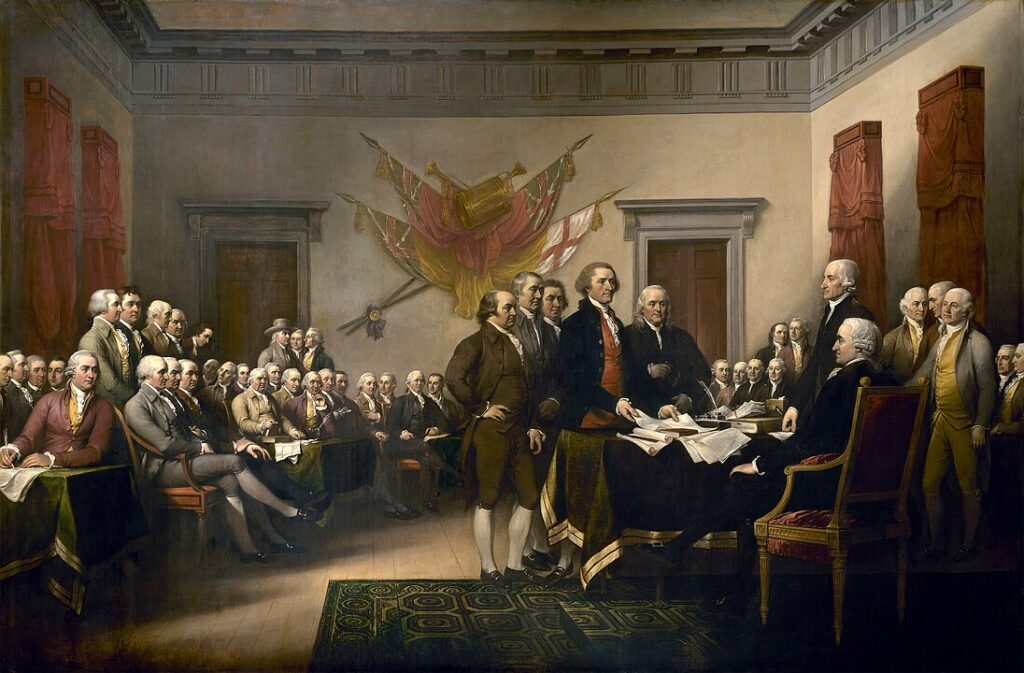
Many believe the Founding Fathers wanted a direct democracy where all citizens voted on every decision. In reality, most of them feared this idea. They worried that the general population could make impulsive or harmful choices. That’s why they created a republic with layers of checks and balances. They preferred that elected representatives make decisions rather than leaving important matters to the public. Direct democracy wasn’t their goal; stability and control were.
2. They Were Always United in Vision
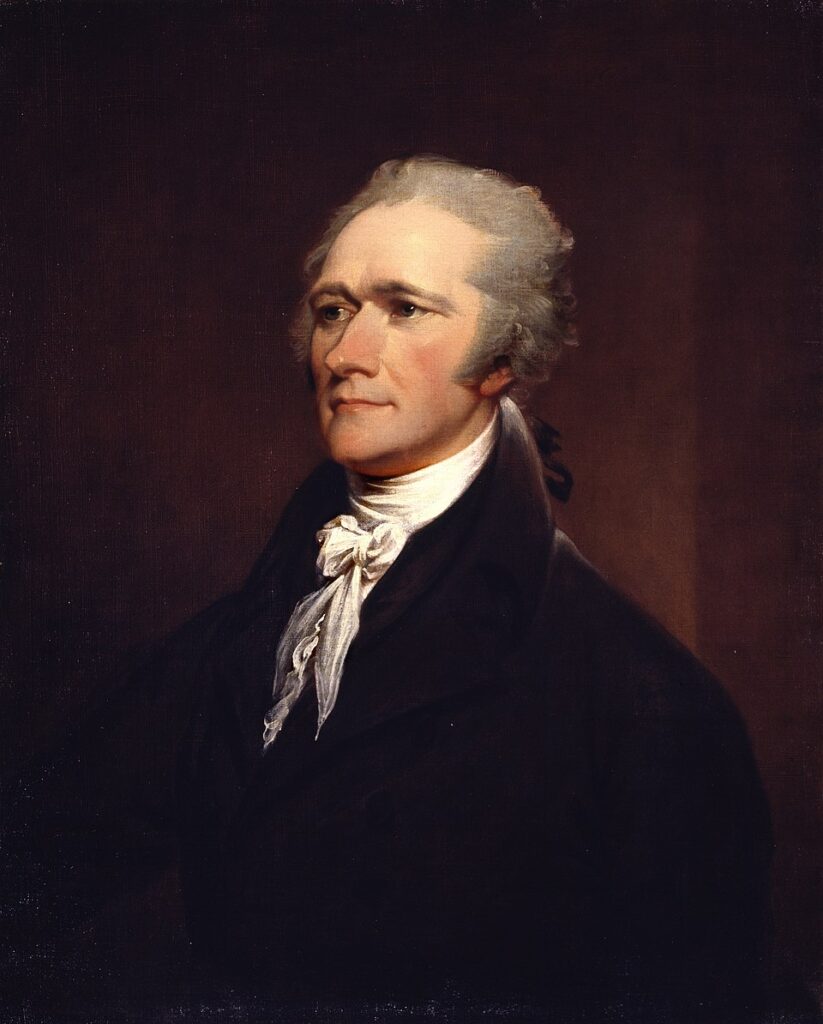
It’s easy to think the Founding Fathers worked together with shared goals, but they disagreed constantly. Federalists like Hamilton wanted strong central government while Anti-Federalists like Jefferson pushed for more state power. They argued over everything from banks to foreign alliances. Their debates were fierce and personal. Far from being united, they were deeply divided, and their rivalries helped shape the government through compromise, not harmony or shared beliefs.
3. They Believed in Equal Voting Rights
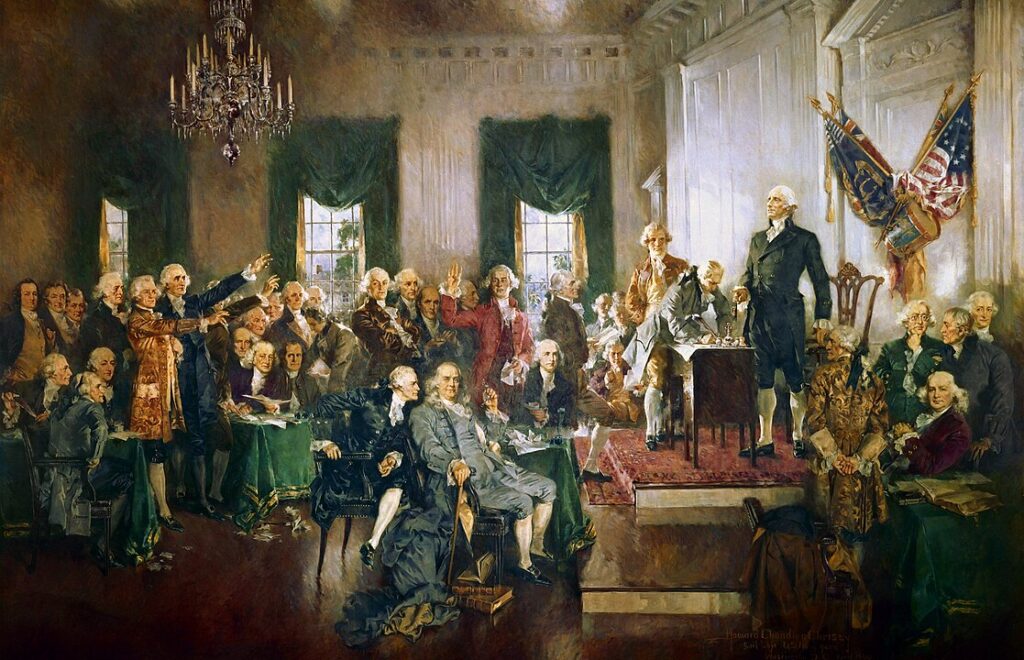
The idea that the Founding Fathers supported voting rights for all is simply false. In the early days of the republic, voting was mostly limited to white men who owned property. Women, the poor, enslaved people, and Native Americans were all excluded. Some states even required voters to be members of certain churches. The founders believed only the educated elite should have a voice in government, not the broader population. Democracy had very strict limits.
4. They Wrote the Constitution to Be Unchanging
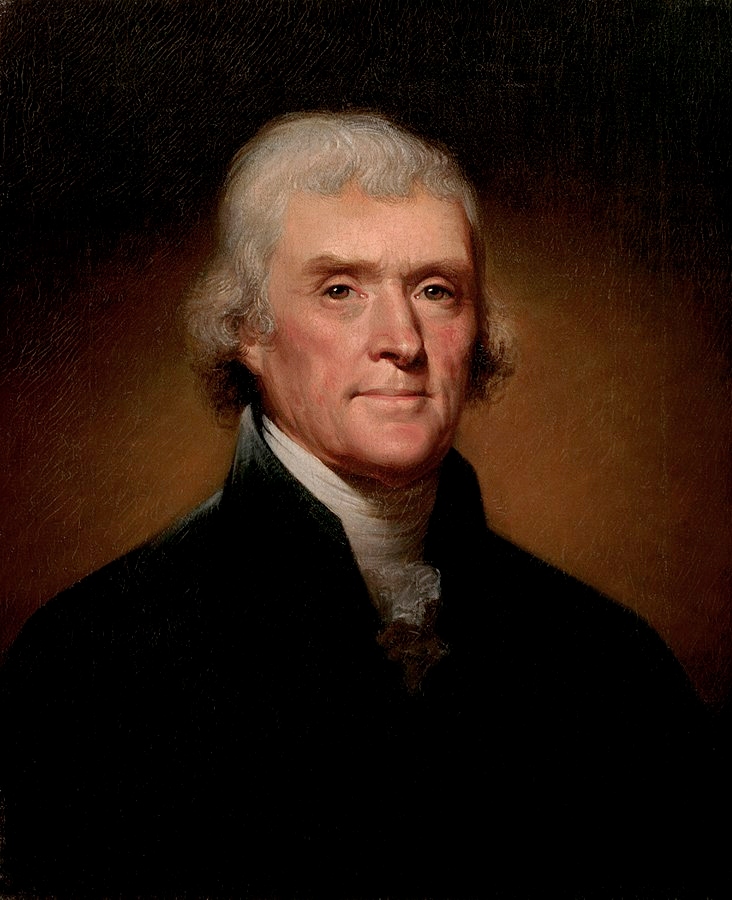
Some people believe the Constitution was written to remain the same forever, but many of the founders expected it to evolve. Thomas Jefferson even argued that every generation should revise it. That’s why they included an amendment process. They knew society would change and government would need to adapt. The Constitution was never meant to be frozen in time. It was created to serve the people, not to be treated as sacred or untouchable.
5. They Fought Slavery from the Start
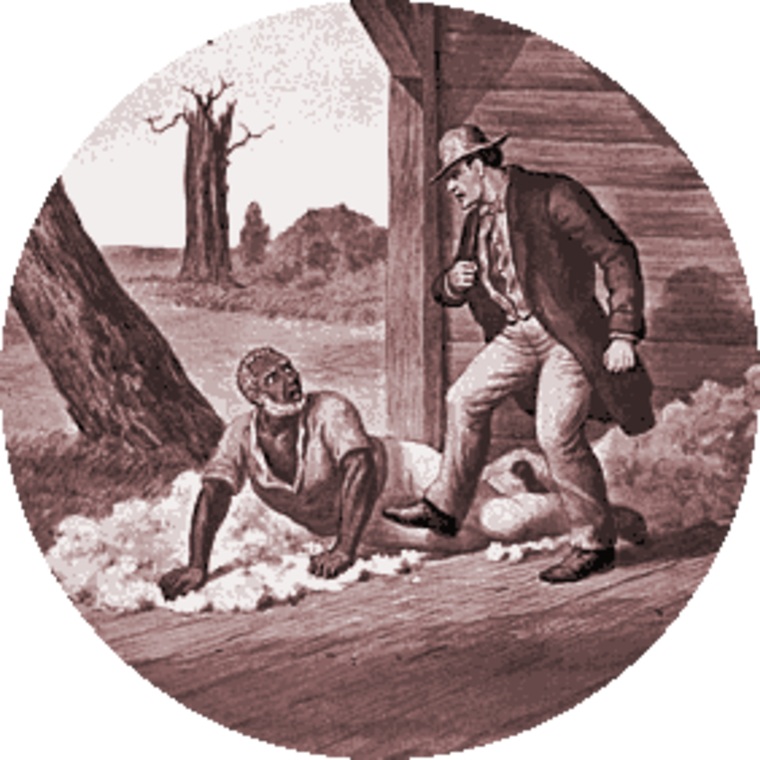
There’s a common belief that the Founding Fathers wanted to end slavery, but many of them owned enslaved people and made compromises to protect the practice. The Constitution avoided mentioning slavery directly, and laws like the Three-Fifths Compromise preserved Southern power. While some expressed discomfort, very few took action to stop it. The founders prioritized unity over justice, allowing slavery to continue for nearly a century after independence.
6. They All Wanted Religion Out of Government
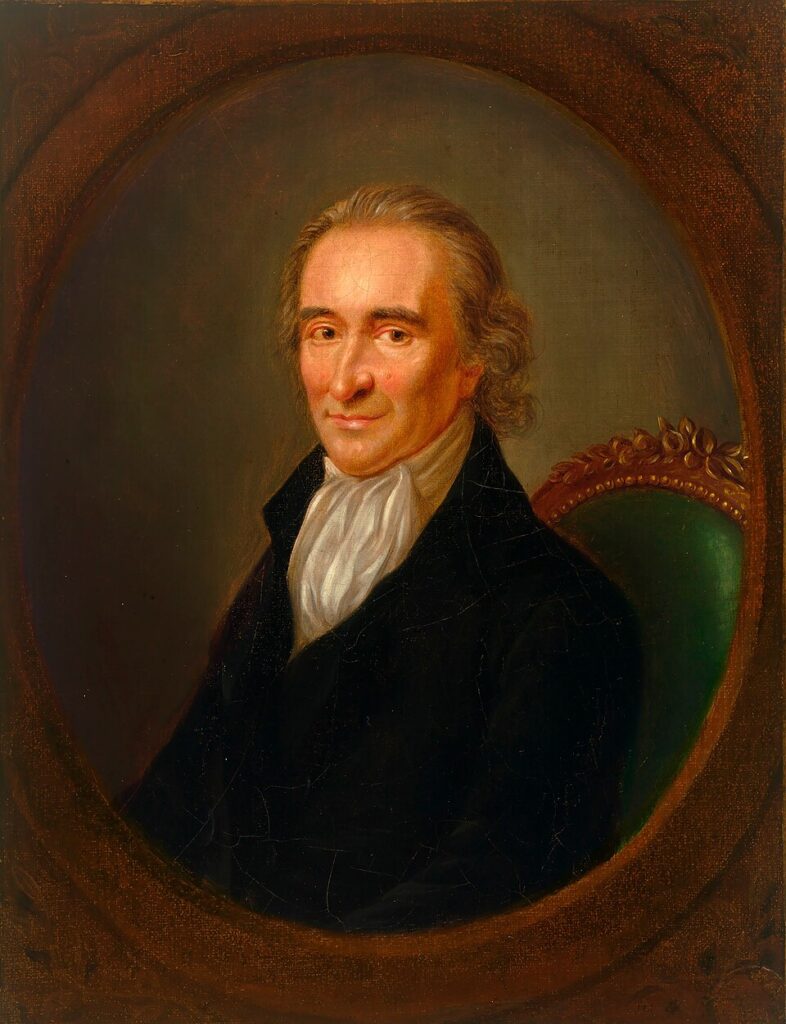
People often think the Founders completely separated church and state, but their views were not all the same. Some, like Madison, supported religious freedom and kept government neutral. Others saw religion as essential to a moral society. Early American states even had official churches and religious tests for office. The federal government avoided endorsing religion, but at the local level, religion and politics were often connected. Total separation wasn’t always their intention.
7. Thomas Jefferson Signed the Constitution
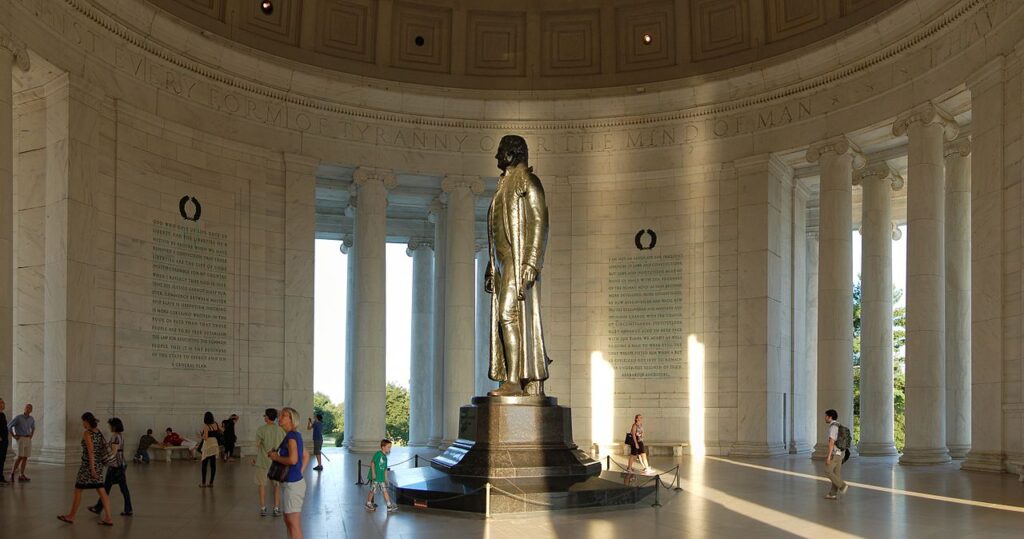
Many Americans assume Jefferson was present during the drafting of the Constitution, but he was actually in France serving as a diplomat during the convention. He didn’t attend the meetings, and he didn’t sign the final document. While Jefferson’s ideas helped influence American values, he played no direct role in creating the Constitution. His absence proves that not all the most famous founders were part of that specific historic moment in Philadelphia.
8. The Constitution Was Written on Hemp Paper
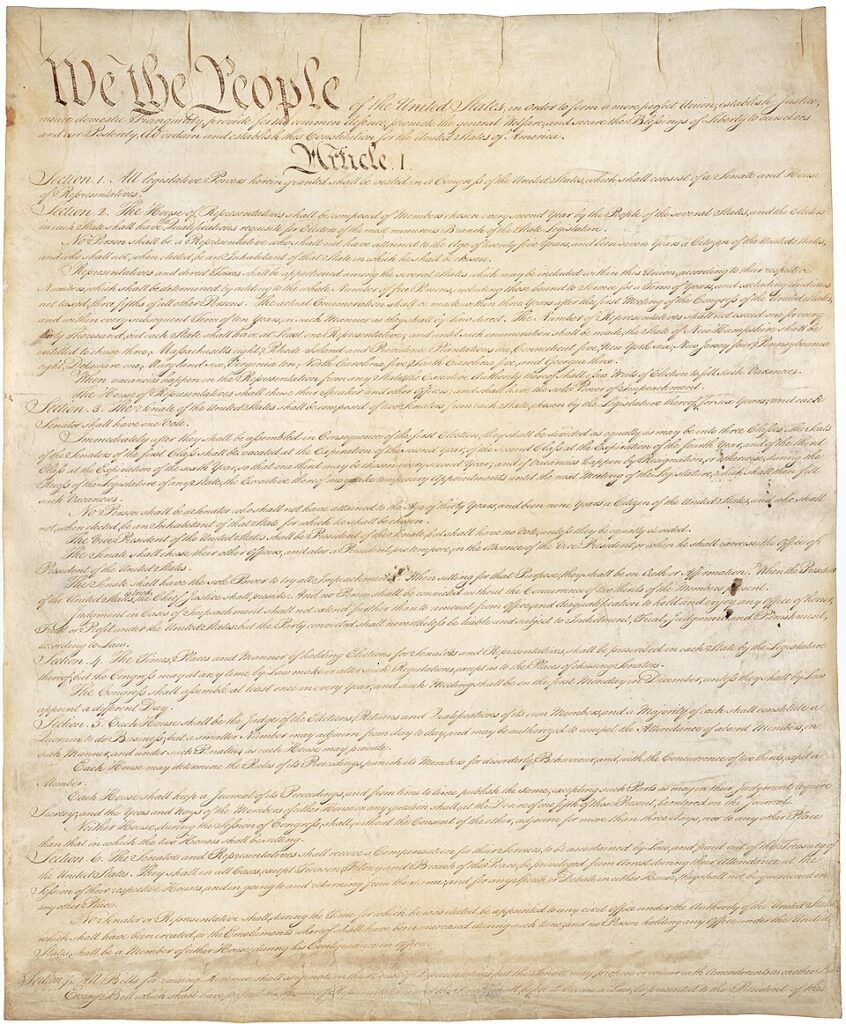
Some claim the Constitution was written on hemp paper to promote its historical use, but that’s not true. The official document was written on parchment, which is made from animal skin. While hemp was common in rope and clothing, it wasn’t used for formal documents. This myth likely comes from modern efforts to promote hemp’s usefulness. But when it came to something as important as the Constitution, the founders chose durability over novelty.
9. Their Famous Quotes Are Always Accurate
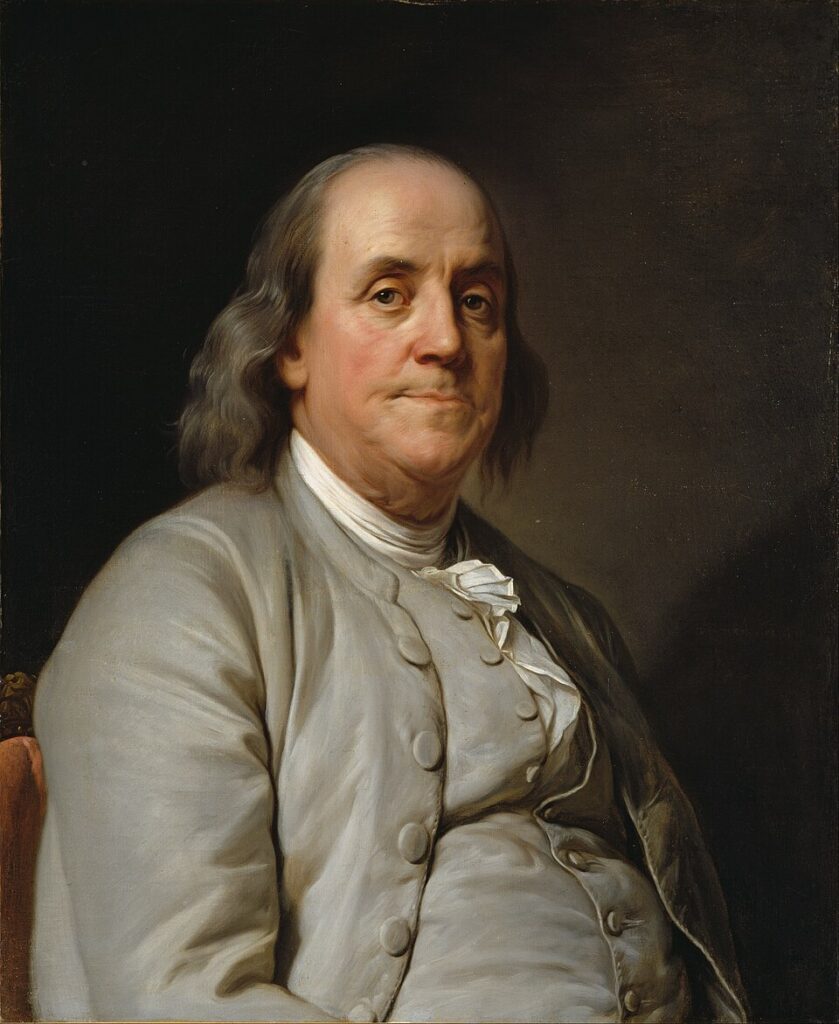
Quotes like “A government that governs least governs best” are often wrongly credited to founders like Jefferson, even though they never said them. Many quotes spread on social media or in books have no historical evidence. Some are modern inventions passed off as wisdom from the past. The real writings of the Founders are more complex and nuanced. Misattributing quotes changes how we see their beliefs, often oversimplifying what they actually stood for.
10. They Were Against All Foreign Involvement
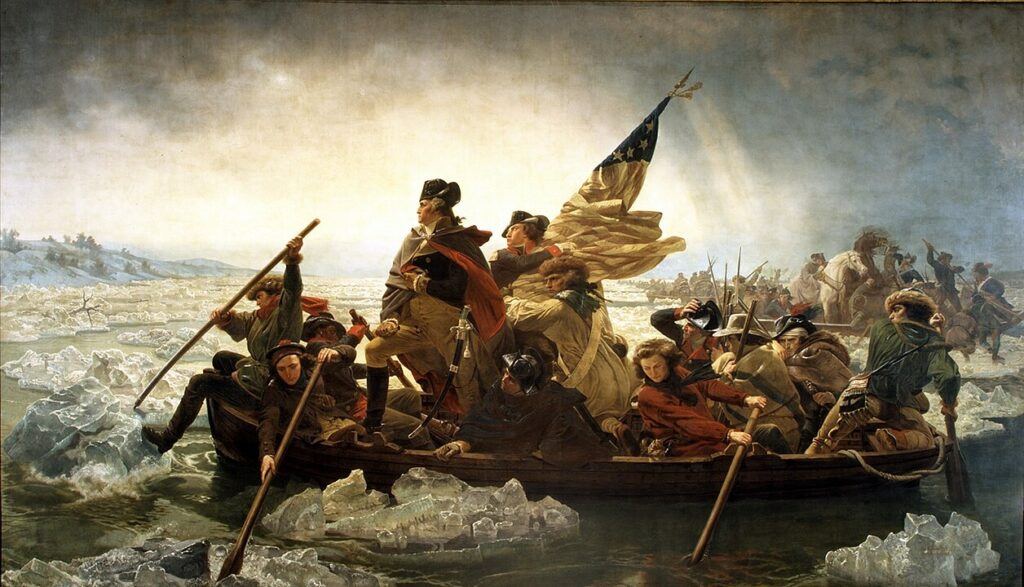
There’s a belief that the Founders wanted America to isolate itself from the world, but their actions tell a different story. While George Washington warned against permanent alliances, the United States still made treaties, accepted foreign aid, and went to war abroad. Jefferson sent ships to fight pirates, and Hamilton pushed for strong trade ties. They weren’t isolationists. They believed in cautious but active global engagement to protect American interests and stability.
